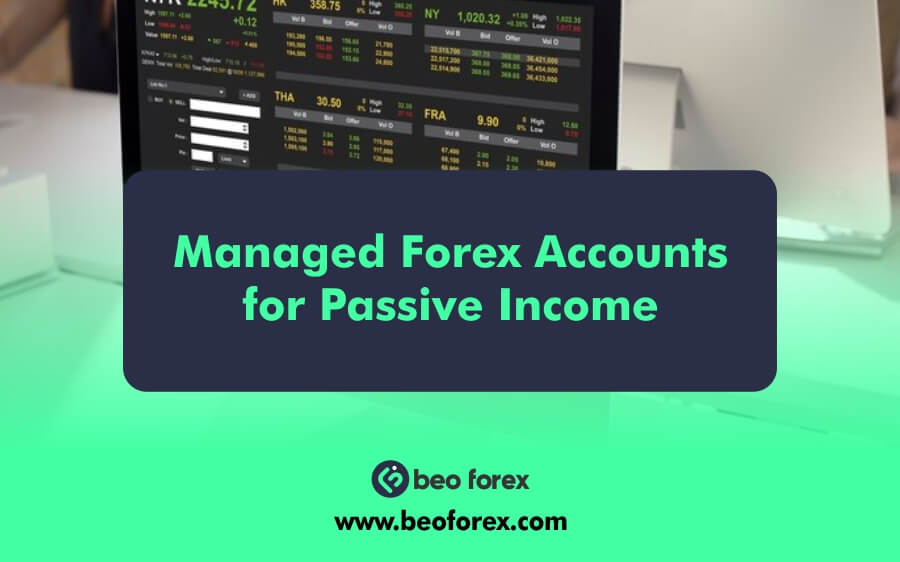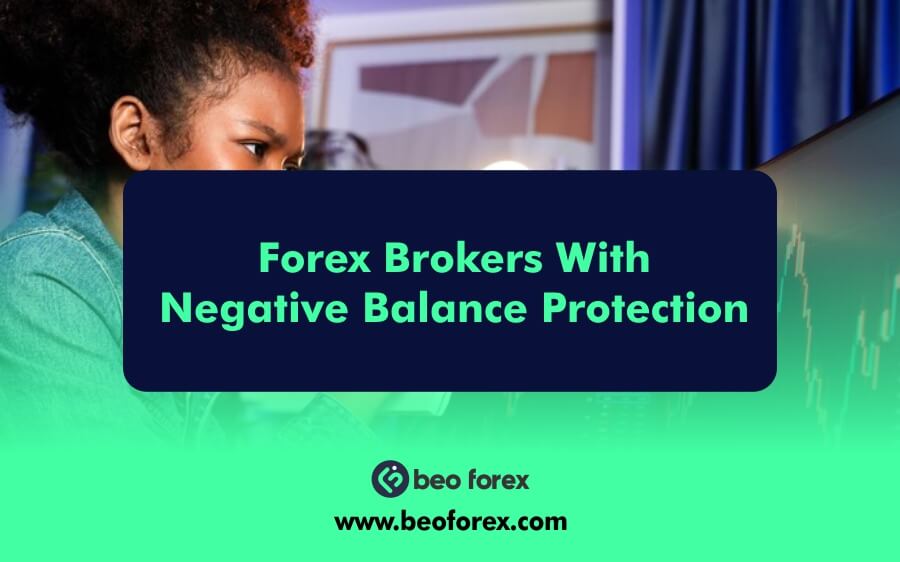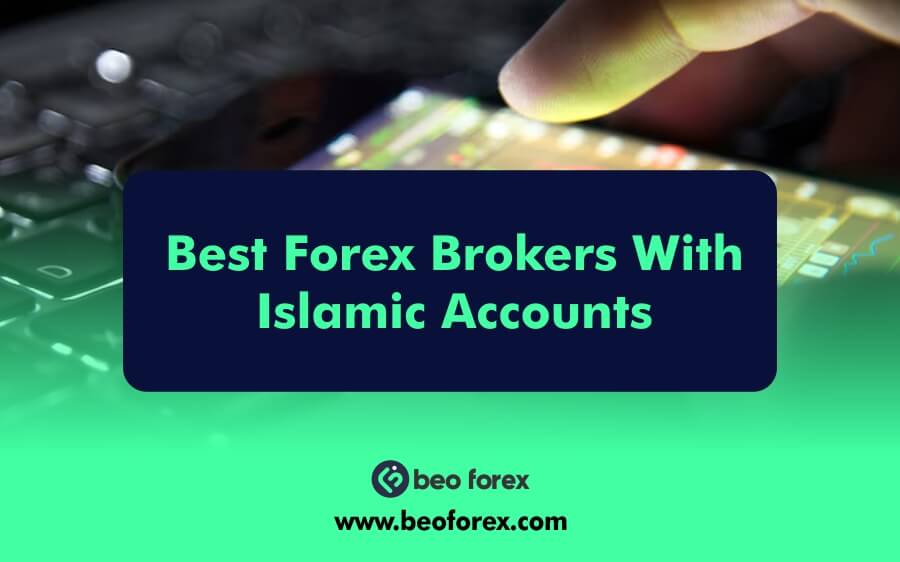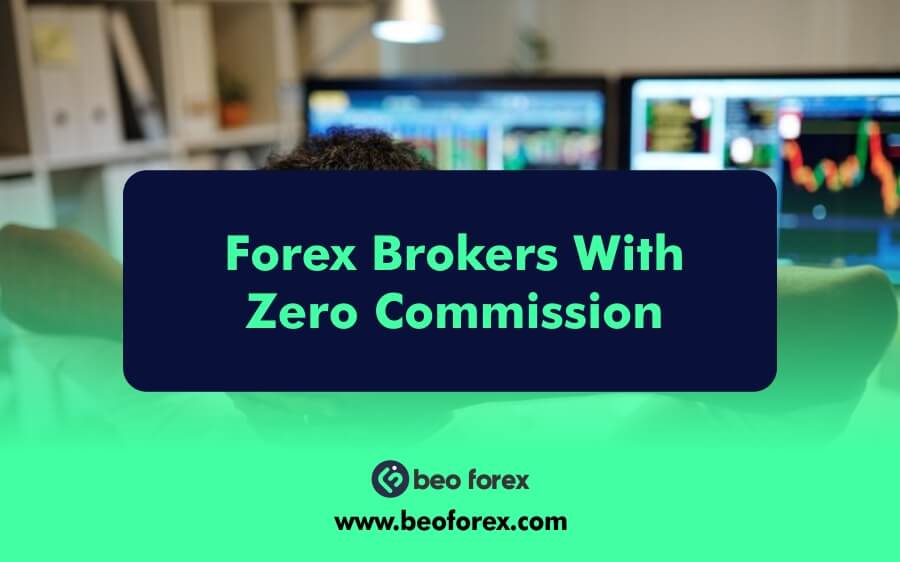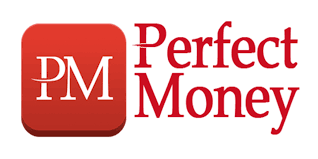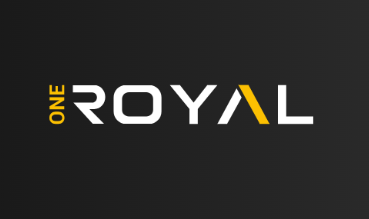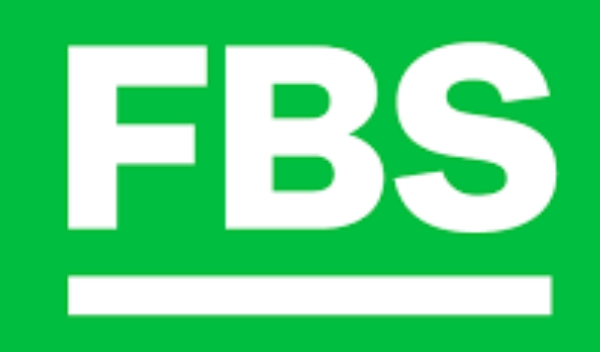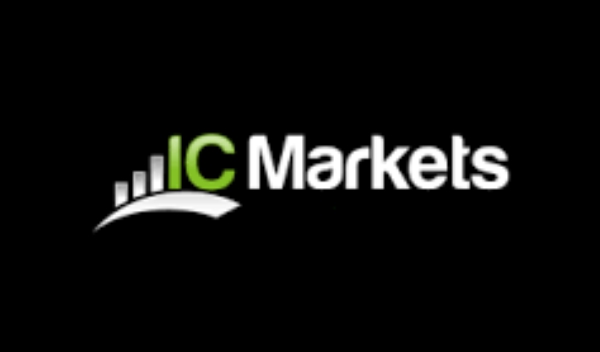Managed forex accounts for passive income is an important aspect in the forex market. Many investors are looking for strategies to produce passive income without actively managing their investments in an increasingly complex financial landscape. Among the more well-liked options are managed Forex accounts for passive income. With these accounts, investors can take a hands-off approach while still benefiting from a unique combination of market access, professional experience, and potentially large rewards. We will discuss managed Forex accounts in this article, along with their advantages, disadvantages, and managed forex accounts for passive income.
What Are Managed Forex Accounts
Managed Forex accounts are investment accounts where all trading is done on the investor’s behalf by a management firm or a professional trader. The manager makes trading decisions, conducts trades, and keeps an eye on market circumstances; investors contribute the capital. With this configuration, anyone can profit from the Forex market without requiring a lot of time or skills to trade actively.
Characteristics of Professionally Managed Forex Accounts
- Professional Management: Your account is managed by a group of professional traders who use different tactics based on your risk tolerance and the state of the market.
- Diverse Strategies: To take advantage of market opportunities, managers may employ a variety of trading techniques, including swing, day, and scalping trading.
- Risk management: To safeguard investments and optimize profits, seasoned managers frequently utilize complex risk management strategies.
- Transparency: Many managed Forex accounts include frequent reports, allowing investors to monitor performance and understand how their assets are being managed.
Advantages of Managed Forex Accounts
1. Proficiency and Experience
The knowledge that professional traders contribute to managed Forex accounts is one of their biggest benefits. These people frequently have years of trading expertise and a thorough comprehension of market dynamics. It can be difficult for the average investor to make well-informed trading selections, but they do so by utilizing technical and fundamental analysis.
2. Time-saving
Forex trading necessitates continuous observation of geopolitical developments, economic indicators, and market movements. For many people, this can be a time-consuming task. Managed Forex accounts relieve investors of this responsibility so they can continue trading the currency market while concentrating on other facets of their lives.
3. Availability of Advanced Techniques
Individual investors might not have access to sophisticated trading methods and instruments that professional forex management do. This can involve institutional-grade research, customized trading models, and complex algorithms. When compared to solo trading endeavors, these resources can greatly increase the potential for returns.
4. Blending in
Forex managed accounts offer diversification across several trading methods and currency pairs. This can eventually result in more reliable returns and lowers the risk of placing all your eggs in one basket. The impact of unfavorable market conditions on a single trade or currency pair is lessened by diversification.
5. Managing Risks
Professional managers usually use strict risk minimization strategies to safeguard investors’ money. This could entail varying position sizes in response to market volatility, diversifying investment portfolios, and establishing stop-loss orders. They hope to maximize profits while minimizing possible losses by putting these precautions into place.
6. Possibility of Earning Passive Income
The ability to earn passive income is the main draw of managed Forex accounts. You can profit from the manager’s transactions without having to actively participate in the market. This passive income stream can be a great way for many investors to augment their normal income.
7. Adaptability and Availability
Many investors may find the degree of freedom offered by managed Forex accounts to be tempting. Depending on your investment objectives and risk tolerance, you can select from a variety of managers. You can also change or remove money from your investment at any time. Additionally, for convenience and transparency, the majority of managed accounts are accessible online.
Managed Forex Account Risks
Although managed Forex accounts come with a lot of advantages, there are hazards involved. Making an informed choice requires having a thorough understanding of these hazards.
1. Danger of the Market
Managed accounts are not exempt from the inherent risk associated with forex trading. Even experienced managers might lose money on the currency markets because of their extreme volatility. It is critical to realize that past achievement does not guarantee future outcomes.
2. Supervisory Risk
The account manager’s level of experience directly affects how well a managed Forex account performs. Your investment may suffer if the management makes bad trading choices or is unable to adjust to shifting market conditions. It’s crucial to thoroughly screen possible managers and look over their background.
3. Charges and Expenses
Performance and management fees are frequently associated with managed Forex accounts. Your profits may be reduced by these costs, particularly if the account manager performs poorly. Before making an investment, it is important to comprehend the cost structure and take into account how fees may affect your overall profits.
4. Insufficient Management
Investing in a managed Forex account means giving up control over your trading choices. Some investors may find this lack of control unpleasant, particularly those who would rather have more hands-on involvement. Nonetheless, the advantages of hiring a skilled manager frequently outweigh this.
5. Hazards related to regulations
Because the Forex market is less regulated than other financial markets, investors may be taking on more risk. Selecting a credible, licensed manager is crucial for minimizing these risks and maintaining ethical procedures.
How to Select a Forex Managed Account
Here are some crucial considerations to make if you’re thinking about investing in a managed Forex account for passive income:
1. Investigation and Carefulness
Spend some time thoroughly investigating possible account managers. Examine their past performance, track record, and any comments or endorsements from other investors. A reputable manager who has been in the business for a while is usually a better choice.
2. Law and Observance
Verify whether the account manager is subject to regulation from a respectable financial body. Regulatory supervision guarantees that the manager upholds moral principles and helps safeguard your money.
3. Understand the Fee Structure
Make sure you are aware of all the costs related to the managed account. Fee structures, including management and performance fees, might differ amongst managers. You can evaluate these fees’ effect on your returns by being aware of them.
4. Evaluate Risk-Management Techniques
Ask the account manager about the risk management techniques they use. Having a strong risk management strategy helps shield your investment from market volatility.
5. Examine the metrics for performance
Examine performance reporting for transparency. Regular updates on account performance, including thorough reports on performed trades, returns, and strategy modifications, should be given by a competent manager.
6. Begin Little
To test the waters, if at all possible, think about starting with a lesser investment. With this method, you can assess the manager’s effectiveness and level of service without having to invest a large amount of money.
Summary
Managed forex accounts for passive income is a good choice for investors looking to profit from the experience of experienced traders. Many find them interesting because of the opportunity for diversification, access to sophisticated techniques, and time savings. When choosing a manager, it is crucial to comprehend the dangers involved and carry out extensive due research. You can take advantage of the possibilities of the Forex market while maintaining a hands-off investing style by selecting a reliable, licensed account manager and regularly monitoring performance. Managed Forex accounts can be a useful addition to your financial portfolio, whether your goal is to gradually increase your wealth or supplement your income.
Frequently Asked Questions
1. How does a managed Forex account generate passive income?
- A managed Forex account receives funds from investors, and the account manager makes transactions on their behalf. Without requiring the investor to engage in active trading, the profits from these deals may generate passive income.
2. What are managed Forex accounts’ primary advantages?
- Professional management, time savings, diversification, access to sophisticated trading methods, efficient risk management, and the possibility of earning passive income are some of the main advantages.
3. Are Forex managed accounts dangerous?
- Yes, managed Forex accounts have risks, just like any other type of investment. These risks include manager, market, and regulatory risk. Prior to investing, it is essential to understand these dangers.
4. How can I evaluate a managed Forex account’s performance?
- The account manager should provide investors with regular performance reports that contain parameters like returns, drawdowns, and the general efficacy of the trading strategy.
5. When selecting a managed Forex account, what qualities ought to I consider?
- The manager’s background and record, regulatory compliance, fee schedule, risk management procedures, and performance reporting transparency are important variables to take into account.
6. What are the costs connected to Forex managed accounts?
- Performance fees, which are based on profits made, and management fees, which are calculated as a proportion of assets, are examples of fees. It’s critical to comprehend how the charge structure affects total returns.
7. When can I take my money out?
- Each account manager has different withdrawal terms. It’s essential to understand the specific terms regarding withdrawals, including any fees or restrictions before investing.

